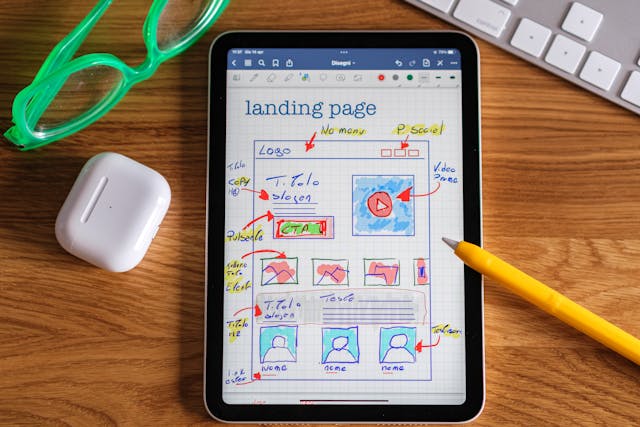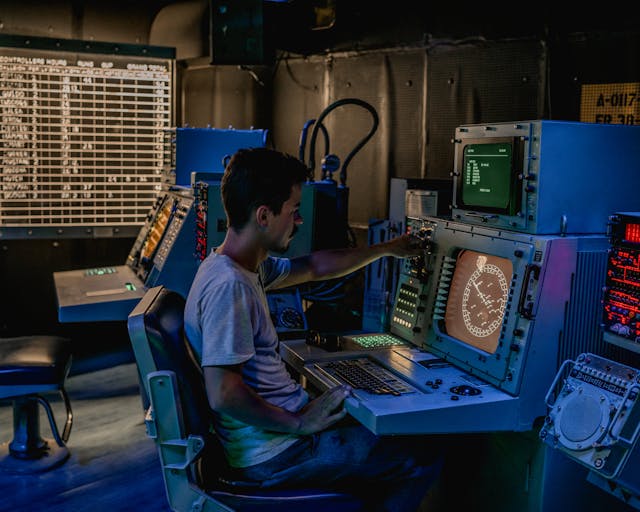
The Pros and Cons of AI Tutoring in Education
The role of artificial intelligence (AI) in education is a topic of much debate. While technologies like AI tutoring systems promise personalized learning at scale, they also raise ethical questions and concerns around efficacy. As schools explore implementing AI tutors, it's crucial to weigh the potential benefits against the limitations.
The Pros of AI Tutors
Personalized Learning Experiences
One of the biggest touted benefits of AI tutors is their ability to deliver highly personalized learning paths tailored to each student's needs, pace of learning, and knowledge gaps. By analyzing data on student performance, these systems can adapt lecturing speed, provide customized content and practice examples, and dynamically adjust curricula in a way human teachers can't easily replicate across dozens or hundreds of students.
24/7 Access and Unlimited Patience
AI tutors never need breaks, get tired or become impatient. They are available around the clock to provide extra instruction, practice exercises, and homework help whenever students need it. This could be particularly valuable for students who need extra support outside of typical class hours.
Scalability and Cost Savings
Implementing AI tutoring could enable schools to cost-effectively scale quality education, especially for school districts or regions lacking sufficient human instructors. After the upfront development costs, AI systems could reduce long-term personnel expenditures compared to staffing full-time human tutors.
The Cons of AI Tutors
Lack of Human Connection
While AI systems excel at transmitting information, they fundamentally lack the warmth, empathy, and ability to build true mentoring relationships that human teachers provide. This human connection is critical for keeping students engaged, motivated, and building confidence.
Oversimplification of Complex Concepts
AI tutors may oversimplify subjects that require nuanced, conceptual understanding. Their algorithms could miss opportunities for teachable moments that skilled human educators can identify. For complex topics, over-reliance on rigid AI curricula risks students developing shallow competencies.
Data Privacy Concerns
Many AI tutoring systems require tracking extensive student data on performance, aptitudes, behaviors, and more to personalize instruction. This raises privacy issues around how student information is collected, stored, and potentially shared with third parties, like tech companies developing the AI.
Systematic Biases and Quality Control
Like any AI system, tutoring algorithms could perpetuate societal biases by skewing curricula based on flawed training data or design decisions. There are also quality control issues around accountability if AI tutors present inaccurate information.
The Way Forward
While AI tutoring has exciting potential, these systems should be viewed as supplemental aids for human instruction rather than outright replacements. Schools adopting this technology must think deeply about which subjects and scenarios are appropriate for AI tutoring while also addressing data privacy, equity, and quality assurance challenges.
Striking the right balance by combining the best of AI and human educators may be the ideal path forward. By leveraging AI to provide customized content 24/7 for basic skill mastery while reserving irreplaceable human teachers for higher-order learning facilitation, we may maximize the strengths of both in order to optimize learning outcomes.






(0) Comment